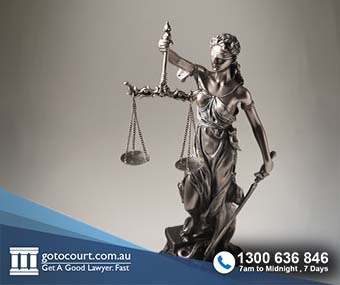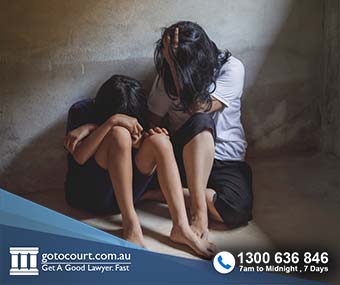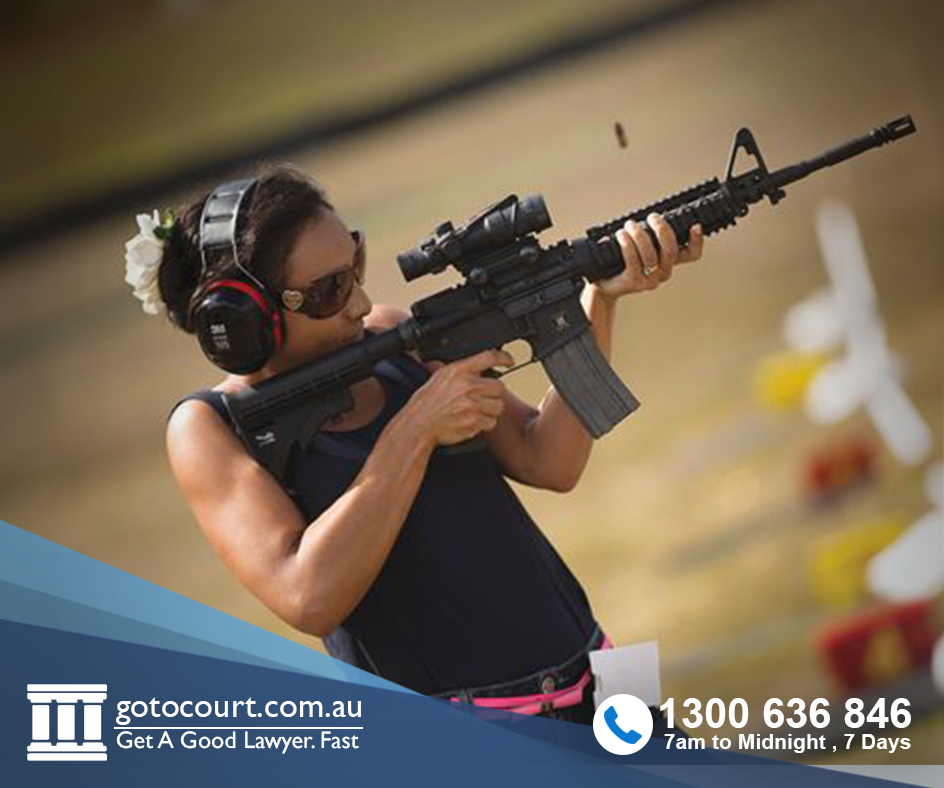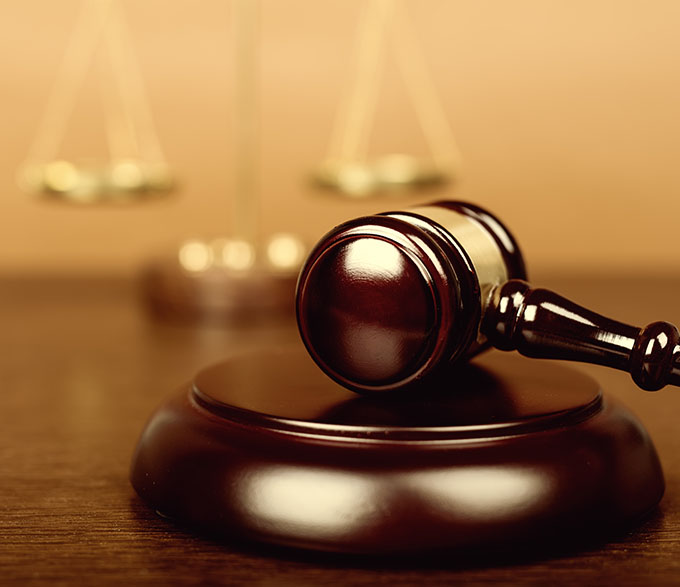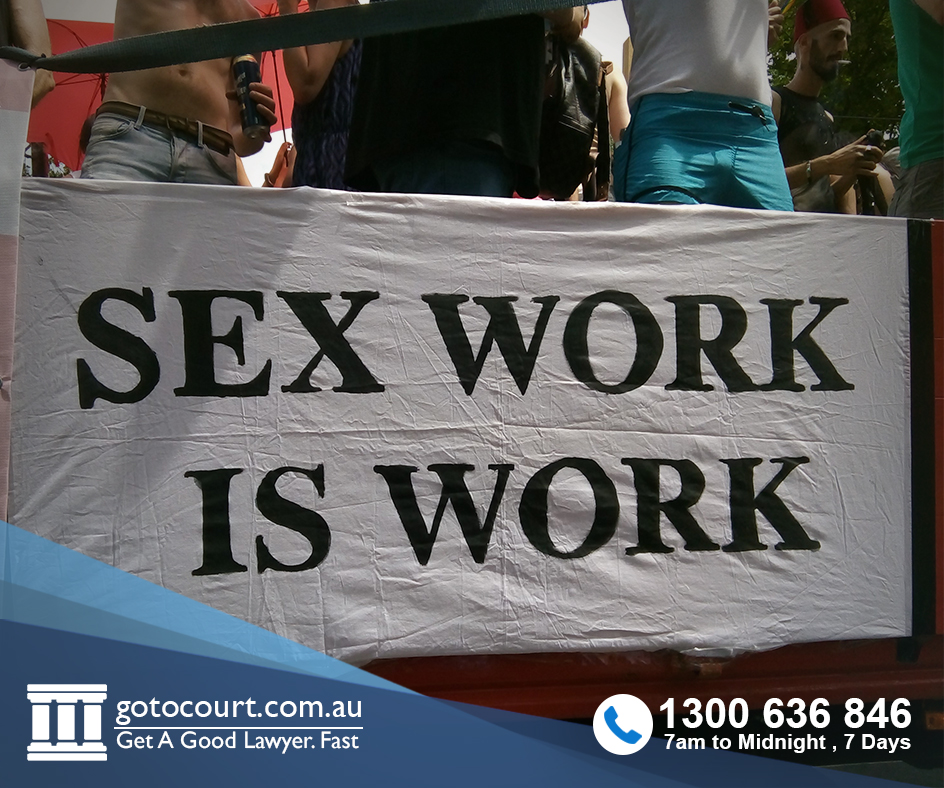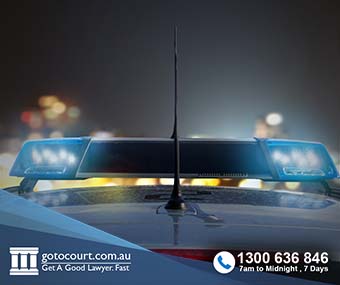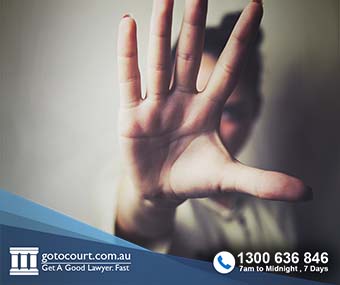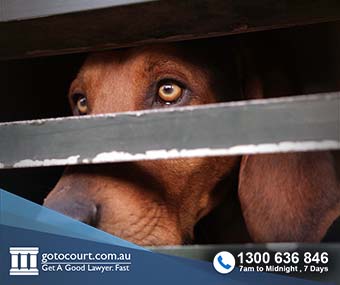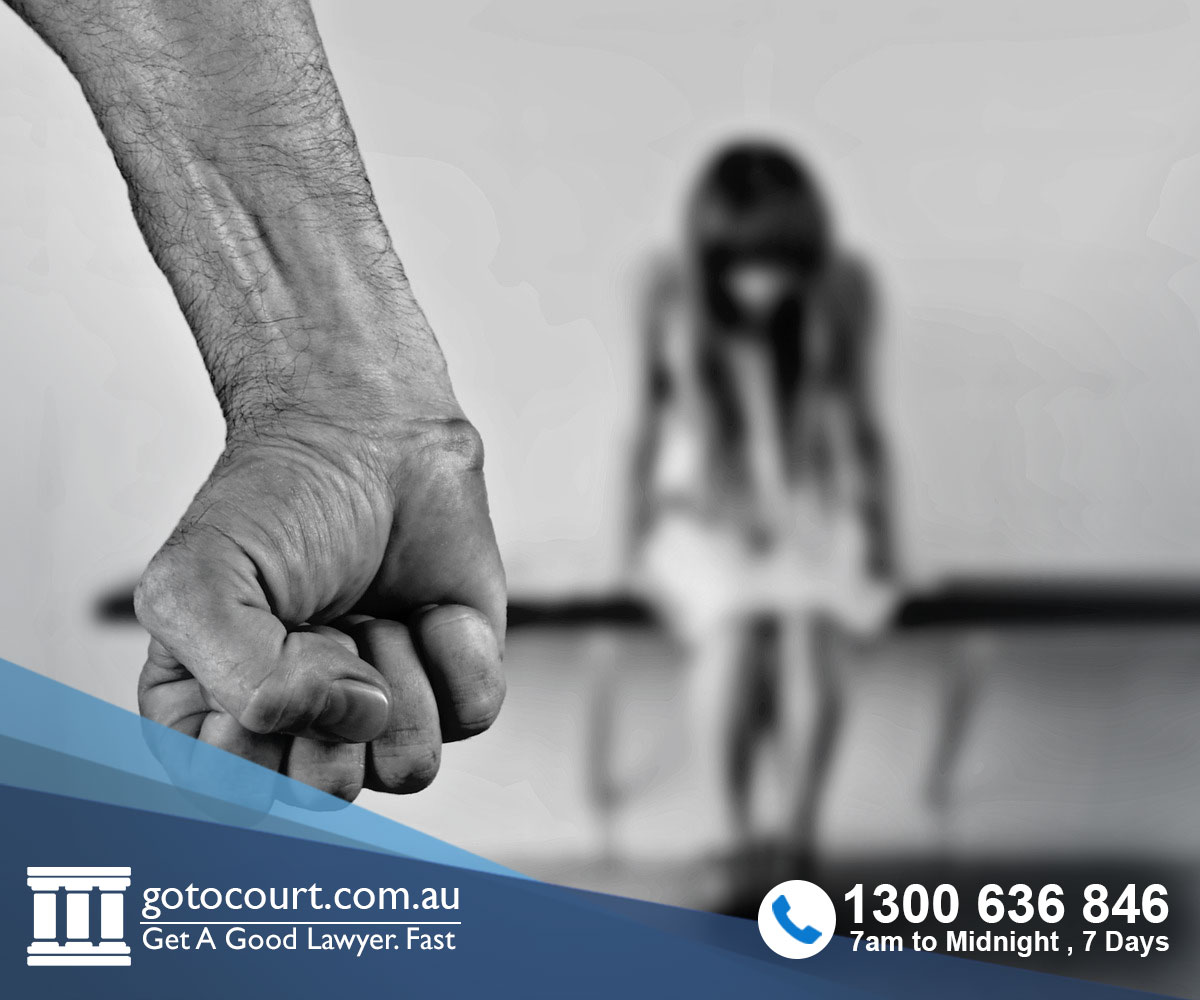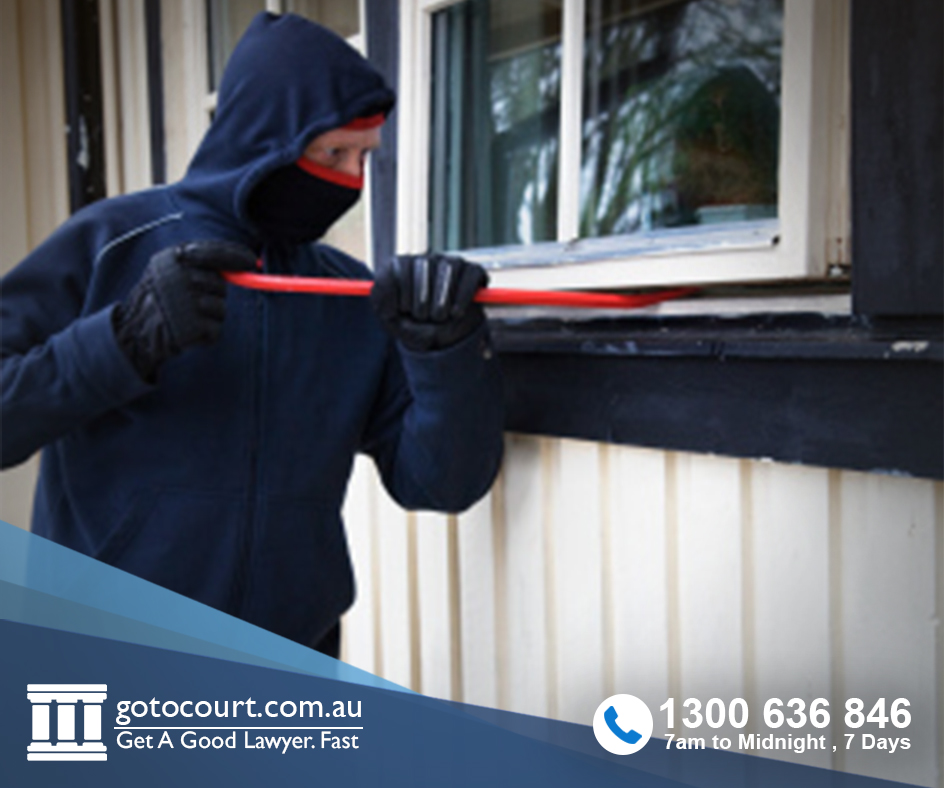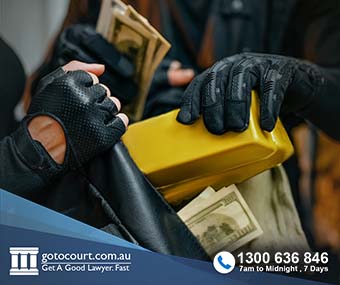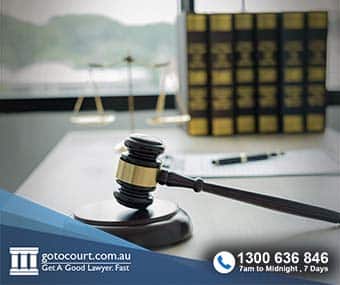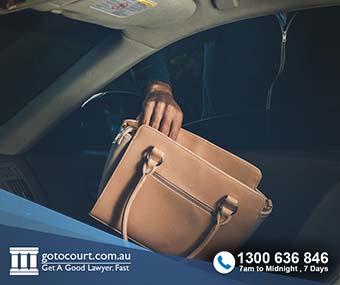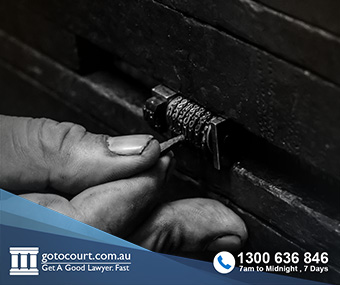Call our lawyers
now
or,
have our lawyers
call you
Electoral Offences (Fed)
Updated on Nov 21, 2022 • 4 min read • 520 views • Copy Link
Electoral Offences (Fed)
The Commonwealth Electoral Act 1918 sets out who is entitled to vote in federal elections and how elections are to be conducted. It was introduced to replace the earlier Commonwealth Franchise Act, establishing the preferential voting system which replaced the first-past-the-post system. It continues to govern the conduct of elections in Australia and contains a number of electoral offences.
The Commonwealth Electoral Act has been amended numerous times as changes have been made to the electoral system. Notably, it was amended in 1924 to make voting compulsory and in 1973 to lower the voting age from 21 to 18.
Fail to vote
One of the most commonly charged electoral offences is failing to vote. Section 245 of the Commonwealth Electoral Act makes it an offence to fail to vote in an election. If a person who is enrolled to vote is unable to provide a valid and sufficient reason for failing to vote at a federal election, they may pay a penalty of $20, or opt to have the matter dealt with by a Magistrates Court. A Magistrate Court may impose a fine of 1 penalty unit and may impose a conviction.
Impersonating a person
Section 339 of the Commonwealth Electoral Act makes it an offence to impersonate a person:
- To secure a ballot paper to which the impersonator is not entitled;
- To vote in the other person’s name;
- To fraudulently do an act that results in the destruction or defacement of a ballot paper;
- To fraudulently take a ballot paper out of a polling booth;
- To Supply ballot papers without authority; or
- To do any act that results in the destruction of ballot papers.
This offence attracts a maximum penalty of imprisonment for six months.
Voting more than once
It is an offence under section 339 to vote more than once in the same election. This offence attracts a penalty of a fine of up to 10 penalty units. If the offence was committed intentionally, imprisonment for up to 12 months or a fine of up to 10 penalty units, or both.
Bribery
Section 326 makes it an offence to ask for, receive or obtain any property or benefit on the understanding that it will influence:
- The person’s vote;
- Any candidature of the person;
- Any support for or opposition to a candidate or party by the person;
- The preferences set out in a vote;
- The order in which candidates’ names appear on a ballot paper.
Electoral offences of bribery attract a maximum penalty of imprisonment for two years or 50 penalty units, or both.
Interfering with political liberty
Section 327 makes it an offence to hinder or interfere with the free exercise of performance by any person of a political right or duty that is relevant to an election. The maximum penalty for this offence is imprisonment for six months or a fine of 10 penalty units, or both.
It is also an offence under this provision to discriminate against a person based on the person’s having made a donation to a political party or candidate. This offence attracts a maximum penalty of imprisonment for two years or a fine of 50 penalty units for an individual or a fine of 200 penalty units for a body corporate.
This provision also states that a territory or state law is invalid if it purports to discriminate against a person on the basis of their candidacy in an election for the House of Representatives or the Senate.
Misleading or deceptive publications
Section 329 makes it an offence to print, publish or distribute anything that is likely to mislead or deceive electors in relation to the casting of votes. This offence attracts a maximum penalty of imprisonment for six months or a fine of 10 penalty units for an individual or a fine of 50 penalty units for a body corporate.
It is a defence to this charge if the alleged offender did not know and could not reasonably be expected to have known that it was likely to mislead.
Canvassing within polling booths
Section 340 prohibits canvassing for votes, displaying notices or signs, or soliciting votes within six metres of an entrance to a polling booth or pre-polling voting office. This is an offence punishable by a fine of up to five penalty units. Under Section 341, scrutineers and electoral officials are not allowed to wear or display the badge or emblem of any candidate or party within the polling booth.
Numerous other electoral offences exist under the Commonwealth Electoral Act relating to misconduct in a polling booth, electoral advertising, nominations and fraudulent voting. Electoral offences are also contained in the Criminal Code Act 1995.
If you require legal advice or representation in relation to electoral offences or in any legal matter please contact Go To Court Lawyers.


Affordable Lawyers
Our Go To Court Lawyers will assist you in all areas of law. We specialise in providing legal advice urgently – at the time when you need it most. If you need a lawyer right now, today, we can help you – no matter where you are in Australia.How It Works








1. You speak directly to a lawyer
When you call the Go To Court Legal Hotline, you will be connected directly to a lawyer, every time.


2. Get your legal situation assessed
We determine the best way forward in your legal matter, free of charge. If you want to go ahead and book a face-to-face appointment, we will connect you with a specialist in your local area.


3. We arrange everything as needed
If you want to go ahead and book a fact-to-face appointment, we will connect you with a specialist in your local area no matter where you are and even at very short notice.

